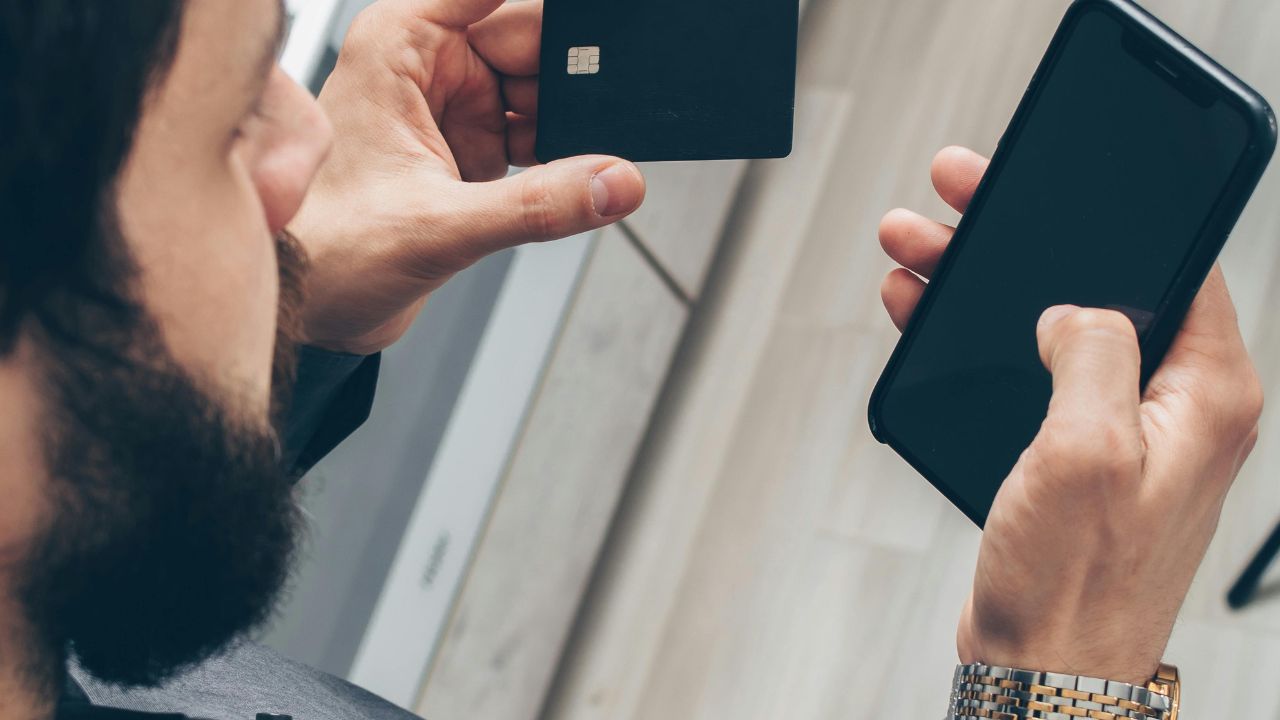Scammers have various methods when it comes to getting their hands on your phone number. You might think, “Well, what’s the big deal? Isn’t it easy to find someone’s number these days, no matter what?” Yes. And, if you’ve already had your fair share of telemarketers call you, maybe you feel like you’ve got it under control.
The problem is that scammers with the right knowledge and the wrong intentions can wreak havoc just by having your phone number in their possession. Once they do, they can use it to trick you in all sorts of ways. The good news is that by familiarizing yourself with their tactics, you can be one step closer to preventing yourself from falling victim to them. Here’s what you need to know.
I’M GIVING AWAY A $500 GIFT CARD FOR THE HOLIDAYS (ENDS ON 12/3/24, 12 PM PT)
Enter by signing up for my free newsletter!
9 ways you can get scammed if your phone number falls into the wrong hands
In today’s digital age, your phone number is more than just a way for friends and family to reach you. It can be a gateway for scammers to access your personal information and wreak havoc on your life. From phishing attempts to extortion, the risks are numerous and varied. Here are nine ways scammers can exploit your phone number if it falls into the wrong hands:
1) Phishing for other personal information
Scammers can also use your phone number to launch rather easy phishing attacks. They might send text messages or make calls posing as your bank or a popular online service that you subscribe to. The goal is to call you and trick you into providing login credentials, credit card details, or other personal information, which they can then use for fraudulent activities. And, once they have all your other information, they can do a lot more damage just by having your phone number as that initial segue.
2) Extortion and blackmail
In some cases, scammers use your phone number for extortion or blackmail. They may claim to have compromising information about you and demand payment to keep it private. By contacting you directly, they can apply continuous pressure, making their threats seem more real and immediate.
One unique way they do this to target elderly people is by pretending to be your grandchild or another relative in distress. The scammer often claims that your grandchild is in an emergency situation — such as needing bail money or medical assistance — and urgently requests financial help. With AI voice cloning technology, they may even be able to use your grandchild’s voice. This emotional manipulation usually gets the victim to pay up.
3) Robocalls and spam messages
This one may not be as dramatic, but your phone number can be sold to robocall and spam message services. These automated systems bombard you with unwanted calls and texts, often promoting scams or fraudulent products. While these may seem like minor annoyances, they can lead to bigger scams if you engage with the messages or follow their instructions. Hang up on them.
HOW TO STOP ANNOYING ROBOCALLS

4) Phone number spoofing
Phone number spoofing is a common tactic where scammers disguise their caller ID to appear as a trusted contact by calling from what appears to be a familiar number as it may have the same area code where you live, an area code where your friends or family live, or even the actual phone number of someone close which you can recognize.
This makes it more likely that you’ll answer the call, giving them the opportunity to deceive you into revealing personal information or transferring money. This is, of course, the case when phone spoofing is used against you. But, in situations where they use YOUR phone number, they can be scamming those close to you without you even knowing!
5) Impersonating government agencies
With these phone spoofing tactics, scammers can use your phone number to impersonate government officials, such as IRS agents or social security administrators. They may call you claiming there’s an urgent issue, like unpaid taxes or suspicious activity involving your social security number. This ploy often involves threats of legal action or arrest to pressure you into providing sensitive information or making immediate payments.
6) Calling about fake unpaid invoices
Instead of pretending to be from a government agency, another trick is for scammers to try their luck by posing as a representative from a utility company, like an electric or water company. Scammers will claim that you have an overdue invoice and threaten to cut off your service unless you pay immediately. Using your phone number, they can contact you repeatedly, making the scam seem more legitimate (and pressing).
7) SIM swapping/phone rerouting
SIM swapping or a port-out scam is when scammers transfer your phone number to a new SIM card in their possession. By convincing your mobile carrier to reroute your number, they can receive all your calls and messages, including those containing two-factor authentication codes. This allows them to bypass security measures and take over your online accounts.
8) Stealing your sensitive data
With sim swapping techniques/port-out, scammers can also use your phone number as a key to access sensitive data stored in your online accounts. By initiating password resets and intercepting verification codes sent via SMS, they can gain unauthorized access to your email, social media, and banking accounts, leading to significant personal and financial damage.
9) Setting up fake online accounts
Finally, scammers can use all the tactics above to not only access the accounts you already have but also create fake online accounts in your name. These accounts can be used for a variety of malicious purposes, such as spreading malware, launching further scams, or conducting identity theft. The presence of your phone number makes these accounts appear more legitimate, increasing the chances of deceiving others.

10 SIMPLE STEPS TO IMPROVE YOUR SMARTPHONE’S SECURITY AND PRIVACY
6) Use two-factor authentication apps instead of SMS-based verification where possible: Two-factor authentication (2FA) provides an extra layer of security that is more difficult for scammers to bypass compared to SMS-based verification.



